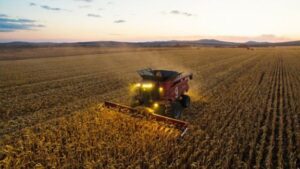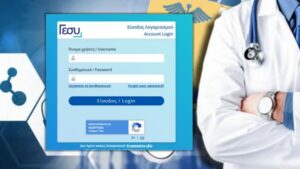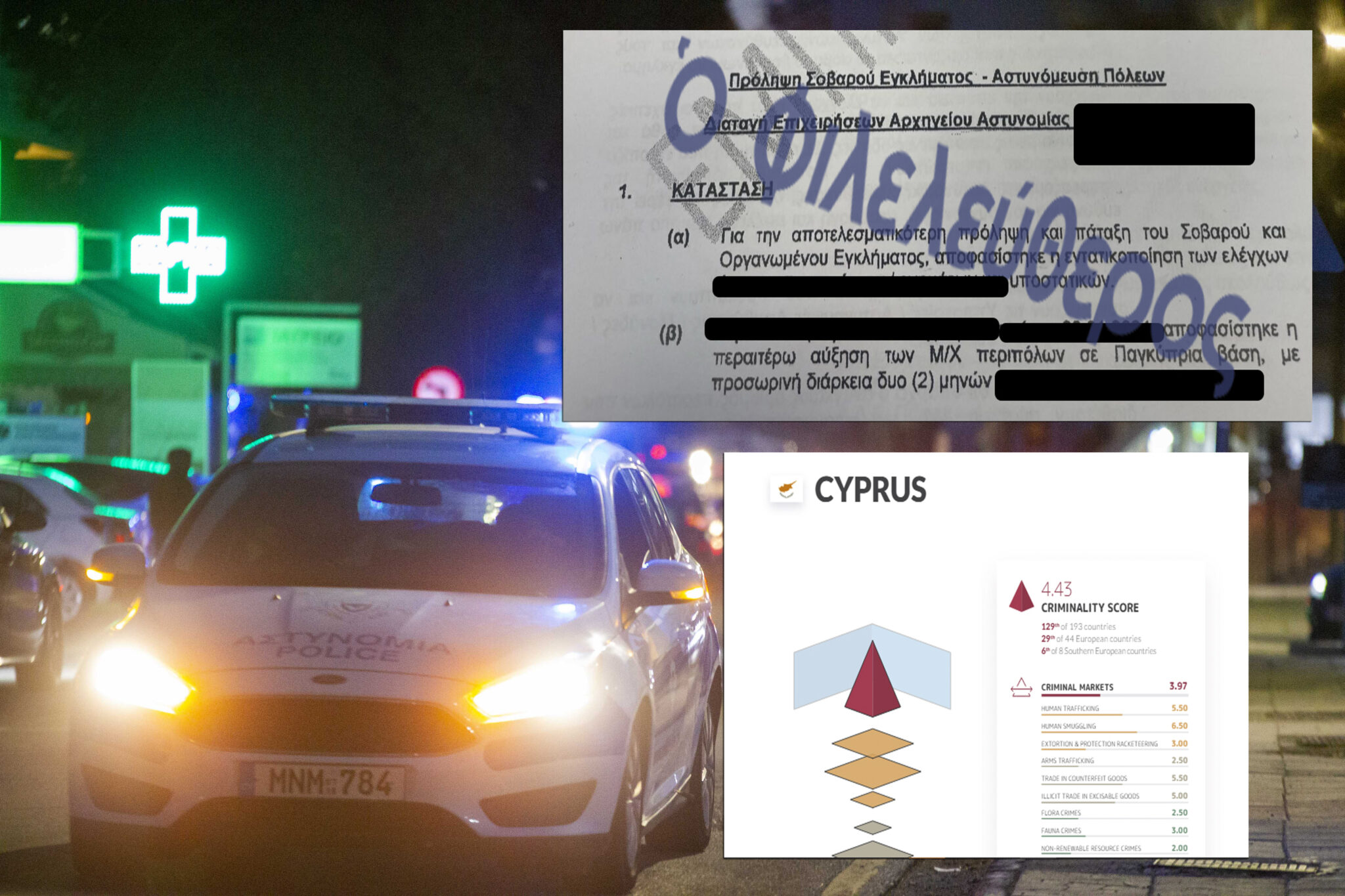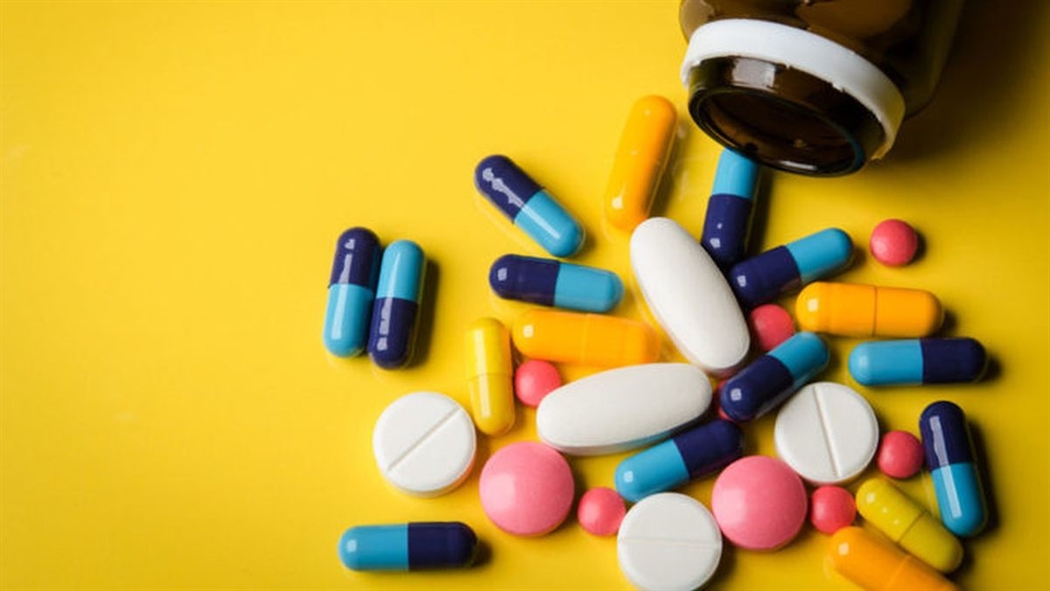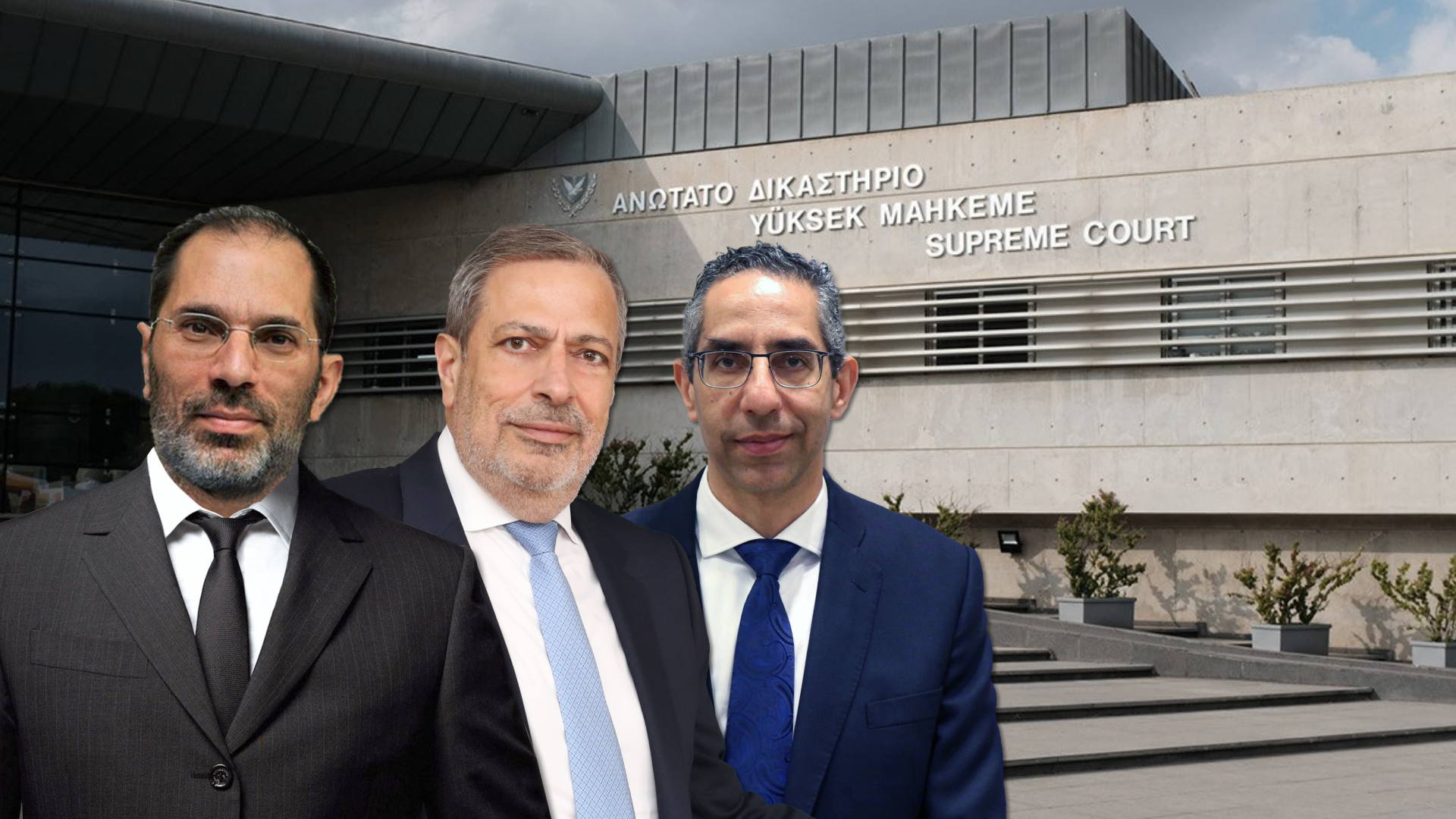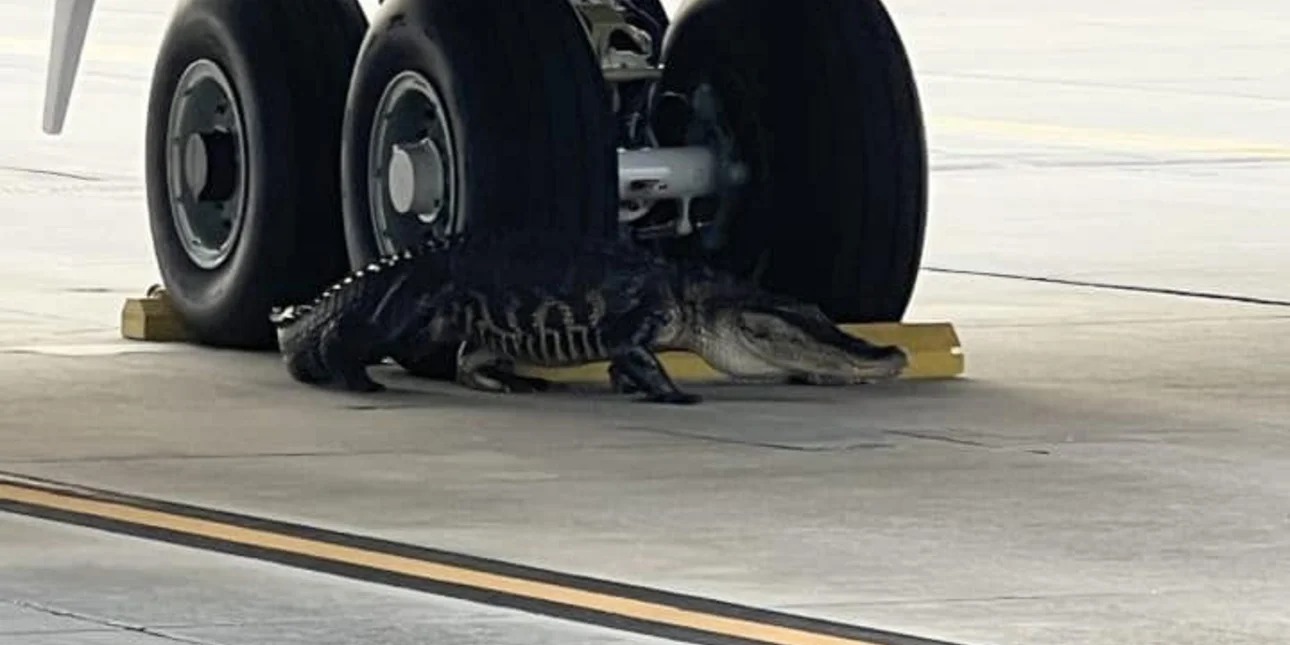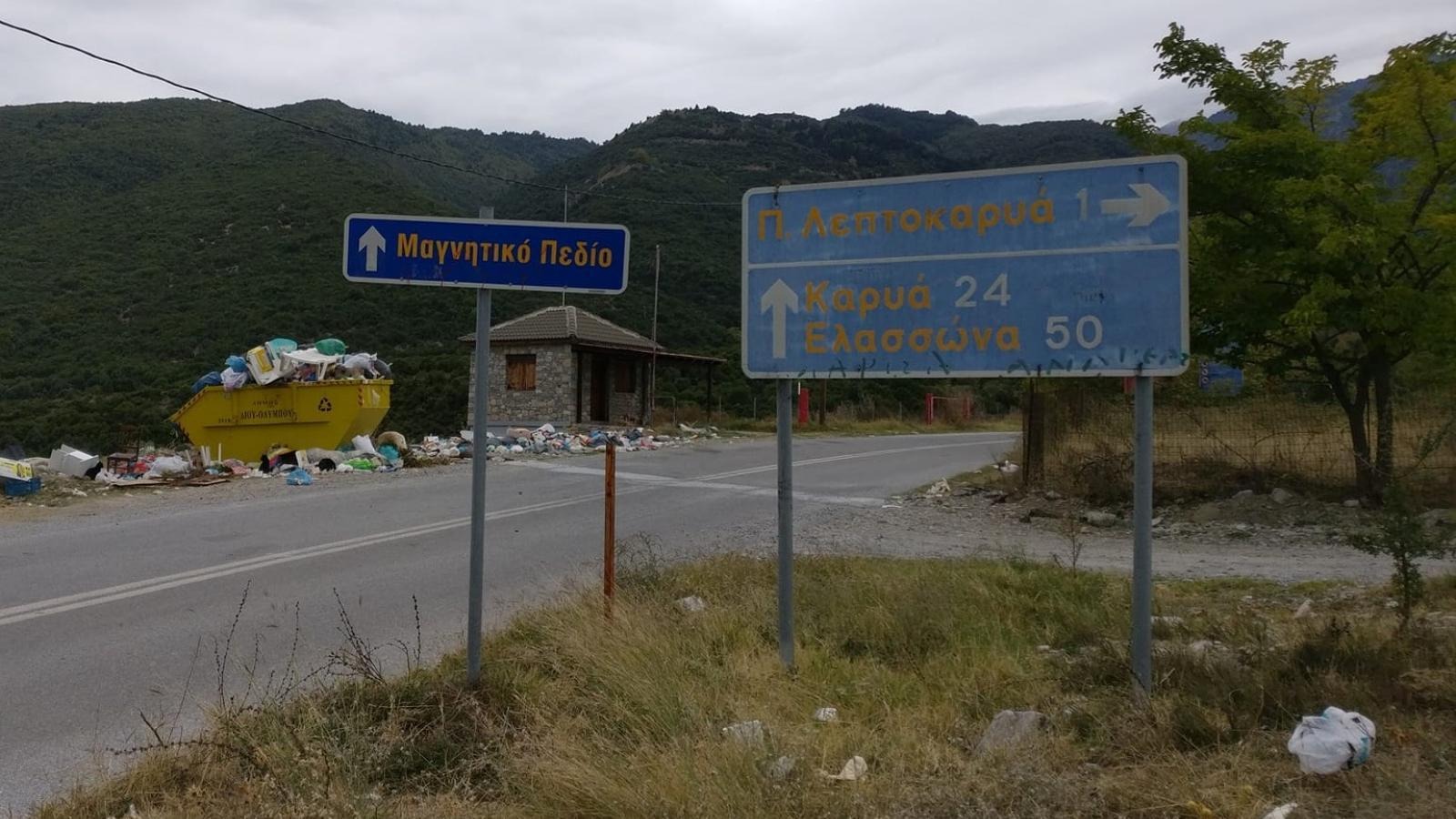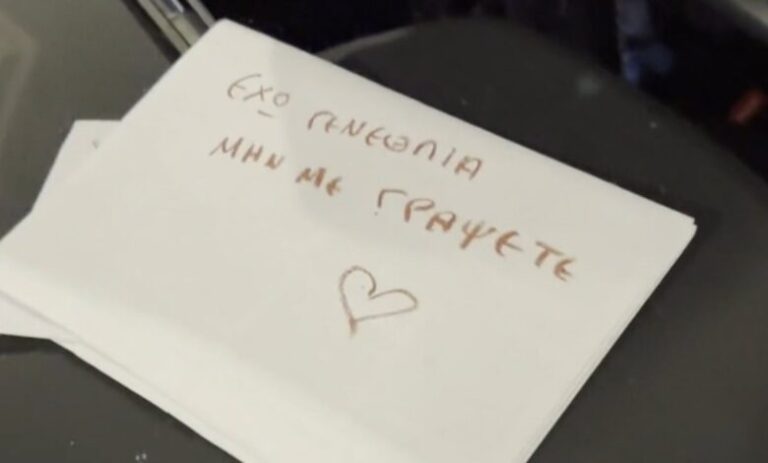The EU’s organic logo on food products guarantees that EU rules on organic production have been respected. It is compulsory for pre-packaged food. In the case of processed food, it means that at least 95% of the ingredients of agricultural origin are organic. Super markets and other retailers can label their products with the term organic only if they comply with the rules.
The EU is working on an update of existing rules on organic production and labelling in response to major changes that have transformed the sector. Proposed alterations include:
Stricter controls: all operators throughout the food supply chain (farmers, breeders, processors, traders, importers) are checked at least once a year
Fairer competition: producers from non-EU countries who want to sell their products in the EU need to comply with the same rules as producers in the EU.
Prevention of contamination with pesticides: farmers must take precautionary measures to avoid accidental contamination with non-authorised pesticides or fertilisers. A product loses its organic status if the contamination is due to fraud or negligent behaviour. EU countries that have thresholds for non-authorised substances in organic food can continue applying them, but they must allow other organic foods from other EU countries in their markets. The European Commission will assess the anti-contamination rules in 2025.
Better supply of organic seeds and animals: a computer database on the availability of organic seeds and animals is set up in every EU country.
Mixed farms: farmers are allowed to produce conventional products in addition to organic ones, but need to clearly separate their farming activities.
Certification procedures for small farmers are made easier.
New products such as salt, cork and essential oils are included. Others can be added later on.

